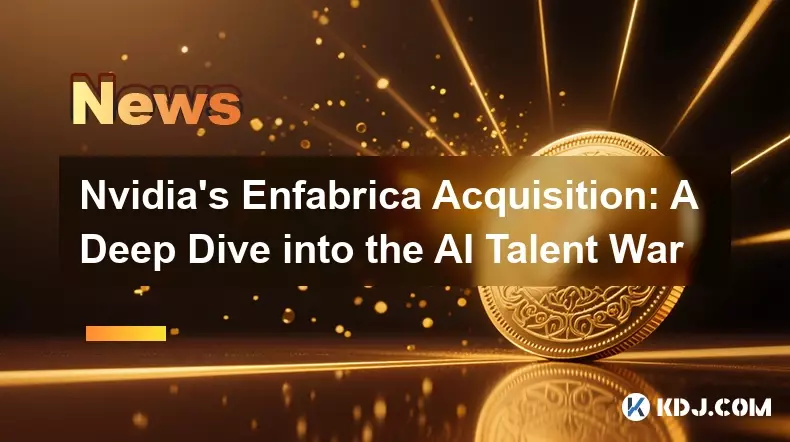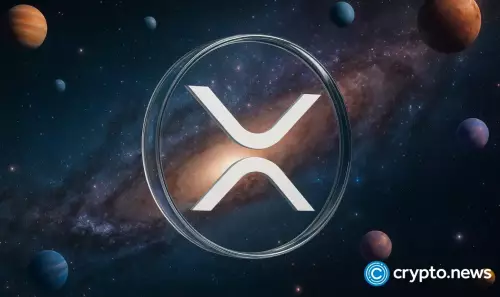Nvidia's acquisition of Enfabrica highlights the intense competition for AI talent and the strategic importance of GPU interconnection technology in the evolving AI landscape.

Nvidia's recent acquisition of Enfabrica for over $900 million signals a pivotal moment in the AI industry, underscoring the escalating talent war and the critical need for efficient GPU interconnection technologies.
The Acquisition: More Than Just Talent
Nvidia's strategic move to acquire Enfabrica, a startup specializing in GPU interconnection and large-scale computing efficiency, is a clear indication of the intensifying competition for AI talent and intellectual property. This deal, finalized last week, brings Enfabrica's co-founder and CEO, Rochan Sankar, and his team into Nvidia's fold, along with a license to Enfabrica's proprietary technology. It's not just about acquiring a company; it's about securing a competitive edge in the hardware that powers AI systems.
Enfabrica's Rapid Rise and Strategic Importance
Founded in 2019, Enfabrica quickly made a name for itself by addressing a major bottleneck in AI computing: efficiently connecting massive arrays of GPUs. By the end of 2023, the company had raised $125 million in Series B financing, reaching a valuation of around $600 million. Early backing from industry giants like Nvidia, AMD, Samsung, and Cisco signaled Enfabrica's strategic importance, which is now confirmed by this acquisition.
The Intensifying Global AI Talent War
This acquisition underscores a broader trend in the AI sector: a frenzied global race for talent and intellectual property. Nvidia, like Meta and Google, is bolstering its AI divisions through acquisitions, ensuring it remains at the forefront of innovation. Analysts view this deal as a way for Nvidia to secure a critical edge in the hardware that underpins AI systems. The battle to secure top-tier AI innovators is heating up, with billion-dollar deals becoming increasingly common.
Dual Benefits: Technology and Strategy
Through this transaction, Nvidia gains Enfabrica's expertise in GPU interconnection and the ability to integrate these innovations directly into its product ecosystem. As AI workloads scale, bottlenecks in data throughput and interconnection become pressing challenges. Enfabrica's breakthroughs directly address these inefficiencies, giving Nvidia an advantage over rivals like AMD and Intel. The move also strengthens Nvidia's position in the data center market, where GPU acceleration and networking are increasingly intertwined.
Market Impact and Future Trends
Nvidia's acquisition is likely to have a ripple effect throughout the AI ecosystem. For smaller startups, it highlights both opportunity and risk: deep-pocketed giants are ready to acquire promising players, but independent growth paths may narrow. Global titans like Microsoft, Google, and Meta continue their acquisition sprees, making it increasingly difficult for startups to remain competitive without joining forces with larger players. This trend may accelerate the concentration of talent and innovation under fewer, stronger corporate umbrellas.
Broader Market Context: AI Tokens and Crypto
The AI buzz extends beyond traditional tech acquisitions. Recently, Nvidia's $5 billion investment in Intel sparked a rally in AI-linked cryptocurrencies. Tokens like NEAR Protocol experienced significant upticks, highlighting the interconnectedness of AI advancements and the crypto market. This suggests that Nvidia's moves have far-reaching implications, influencing both established tech companies and emerging crypto projects.
Final Thoughts
Nvidia's Enfabrica acquisition is more than just a business deal; it's a strategic play in the high-stakes game of AI dominance. As the battle for talent and technology intensifies, Nvidia is positioning itself to lead the charge. Who knows what exciting developments await us as these tech giants continue to reshape the AI landscape?














































































